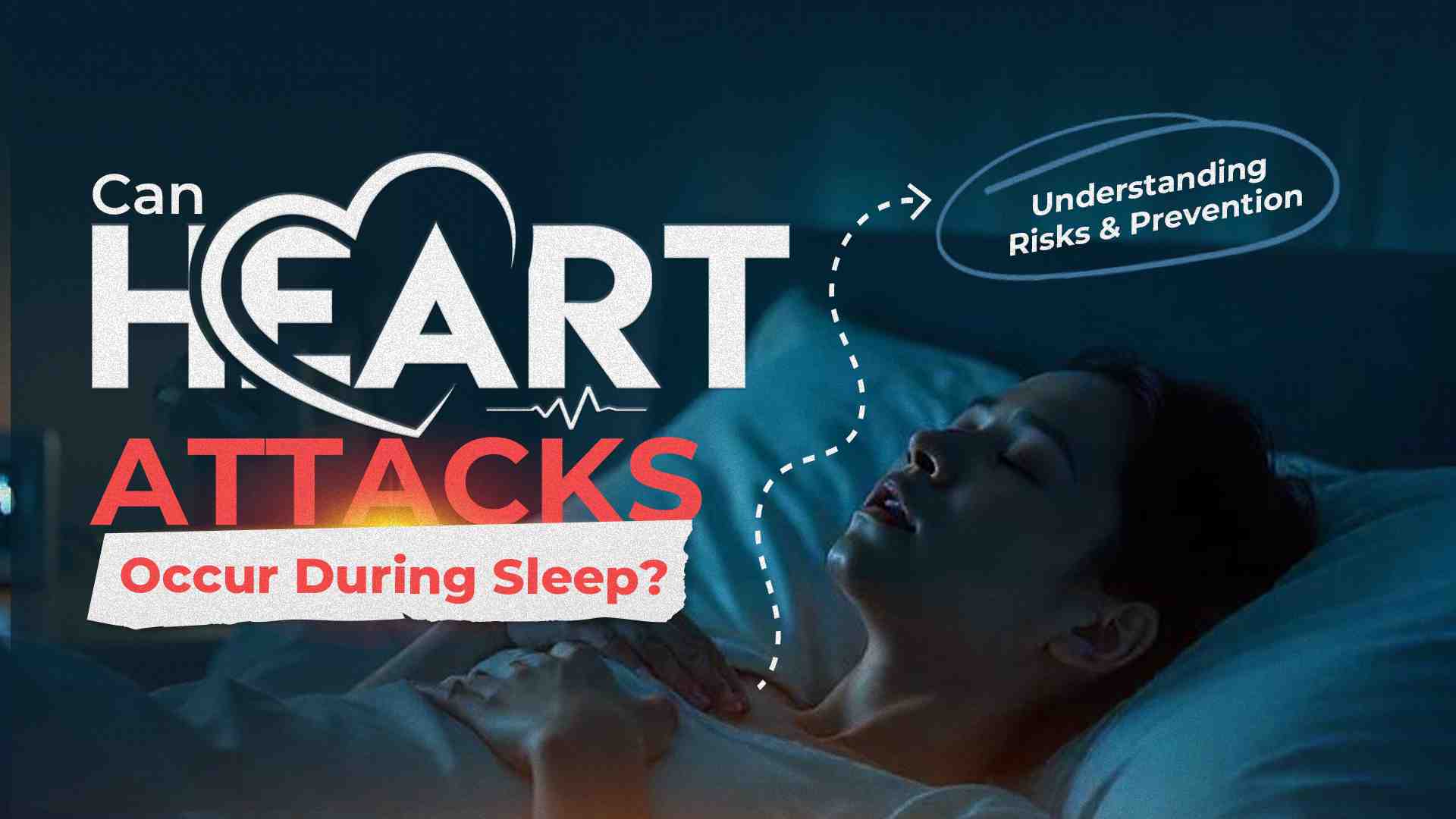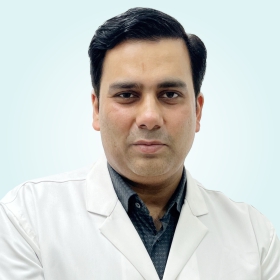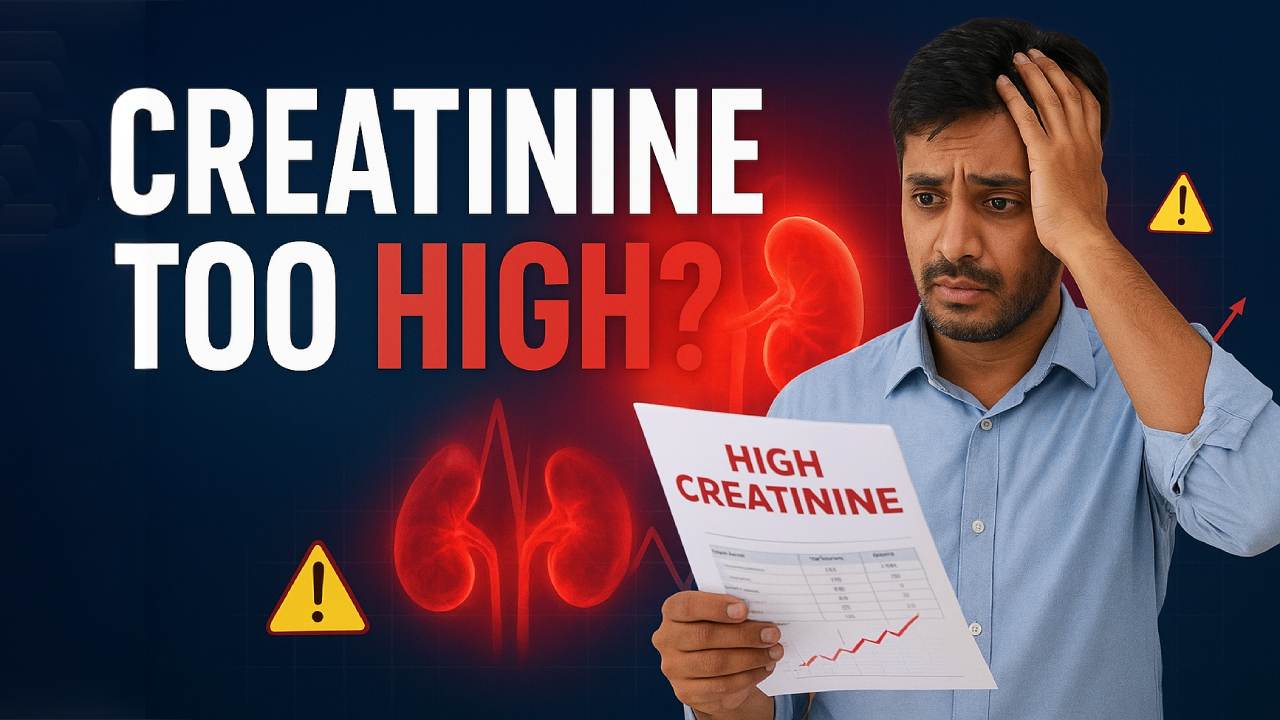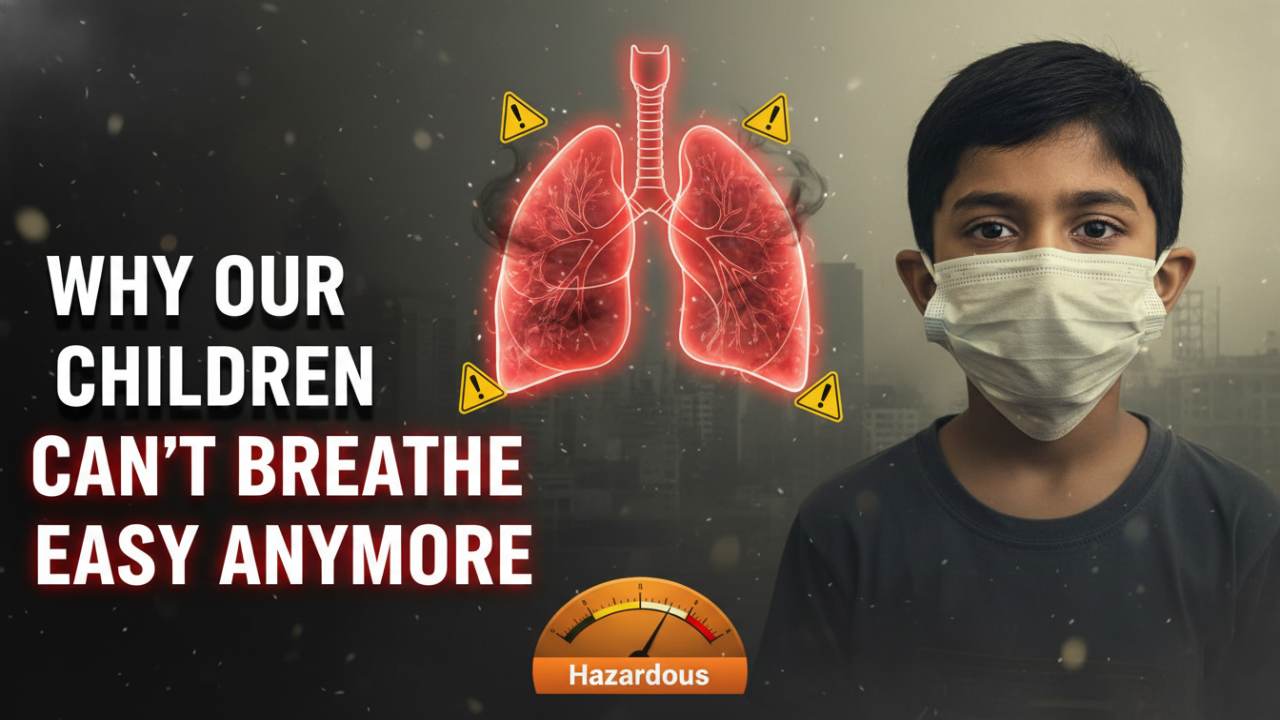Can Heart Attacks Occur During Sleep? Understanding Risks and Prevention
Verified By Dr. Amit Handa | 19-Dec-2024
Heart attacks are a leading cause of mortality worldwide, and their occurrence can often be sudden and unexpected. A less commonly discussed aspect is the risk of heart attacks during sleep. Can heart attacks strike during peaceful slumber? Unfortunately, the answer is yes, and understanding the reasons and preventive measures can help save lives.
Dr. Amit Handa, Consultant Cardiologist at Kailash Hospital, Noida, shares valuable insights into this critical topic. "Heart attacks during sleep are not uncommon and can be attributed to underlying health conditions, lifestyle choices, and undiagnosed cardiac issues. Recognizing the warning signs and adopting preventive strategies is crucial," says Dr. Handa.
Table of Content
A heart attack, medically known as a myocardial infarction, occurs when blood flow to the heart muscle is blocked, leading to tissue damage. The blockage is usually caused by a buildup of fat, cholesterol, and other substances that form plaque in the coronary arteries.
"A heart attack during sleep can be particularly dangerous because the individual may not recognize the symptoms in time," explains Dr. Handa.
Sleep is essential for the body’s overall health, including cardiovascular function. However, certain factors can increase the risk of heart attacks during sleep:
1. Circadian Rhythm Influence
The body's circadian rhythm impacts cardiovascular health. Research suggests that early morning hours, typically around 4 a.m. to 6 a.m., see a natural spike in blood pressure and heart rate due to hormonal changes. For some individuals, these changes can trigger a heart attack.
2. Obstructive Sleep Apnea (OSA)
OSA is a condition marked by frequent pauses in breathing during sleep. "Sleep apnea can lead to low oxygen levels, increased blood pressure, and strain on the heart, significantly raising the risk of a nighttime heart attack," says Dr. Handa.
3. Silent Heart Attacks
Silent heart attacks, which show minimal or no symptoms, can occur during sleep without waking the individual. These are more common in people with diabetes or other underlying health issues.
4. Stress and Poor Sleep Quality
Chronic stress and insufficient sleep are known to elevate blood pressure and increase the risk of heart-related issues. "Stress hormones like cortisol can have a detrimental effect on the heart, especially if sleep is consistently disrupted," notes Dr. Handa.
Also read: Understanding Chest Heaviness after Eating: Causes, Symptoms, and Solutions
A heart attack during sleep may not always wake the individual, but some signs to watch for include:
- Unexplained sweating: Profuse sweating while asleep can be a symptom. This may result from the body’s autonomic response to a blockage in blood flow.
- Chest discomfort: Pressure, heaviness, or pain in the chest area that persists, even during rest, can be indicative of a heart attack.
- Shortness of breath: Episodes of waking up gasping for air or experiencing difficulty breathing could signify inadequate oxygen flow due to heart strain.
- Fatigue: Extreme tiredness, even after a full night’s sleep, may be a subtle yet crucial symptom pointing to heart distress.
- Restlessness or sudden waking: Some individuals may wake up feeling uneasy or unusually anxious, which might accompany other physical symptoms.
Dr. Handa emphasizes, "If you or someone in your household notices these symptoms, immediate medical attention is crucial. Delaying treatment can result in irreversible damage." He further advises paying close attention to recurring patterns or a combination of these symptoms to ensure timely intervention.
Additionally, family members should be educated to recognize these signs in others. Providing information about symptoms such as unexplained noises during breathing or restlessness can assist in early identification of heart issues during sleep.
Several factors can contribute to the increased risk of experiencing heart attacks during sleep. Here’s a detailed look at some of the most common ones:
- High Blood Pressure: Uncontrolled hypertension places significant stress on the arteries, causing them to narrow or become damaged over time. "Hypertension is one of the most critical factors, especially when it goes undiagnosed or untreated," notes Dr. Amit Handa.
- Obesity: Excess body weight is closely linked to obstructive sleep apnea (OSA), a condition that disrupts breathing during sleep. This, in turn, puts additional strain on the heart. "People with obesity are at a much higher risk of nighttime cardiac events due to their predisposition to OSA," explains Dr. Handa.
- Smoking and Alcohol Consumption: Smoking damages the lining of the arteries, leading to plaque buildup, while excessive alcohol consumption weakens the heart muscle and raises blood pressure. Both habits significantly elevate the likelihood of cardiac episodes.
- Diabetes: Individuals with poorly controlled diabetes are at risk for silent heart attacks, which can occur without the typical symptoms. "Diabetes damages blood vessels and nerves, which can mask the signs of a heart attack," says Dr. Handa.
- Family History of Heart Disease: Genetics play a crucial role in determining susceptibility to heart conditions. If heart disease runs in your family, you might inherit a predisposition to conditions that lead to heart attacks.
- Age and Gender: The risk of heart attacks increases with age. Men over the age of 45 and women over the age of 55 are more vulnerable. Hormonal changes in women after menopause further contribute to this risk.
"These factors often interact, compounding the risk," Dr. Handa adds. "It’s essential to address them through lifestyle changes, regular checkups, and medical management."
Taking proactive steps can significantly reduce the risk of heart attacks, particularly at night:
1. Maintain a Healthy Lifestyle
- Balanced Diet: "Incorporate heart-healthy foods, including fruits, vegetables, whole grains, and lean proteins," advises Dr. Handa.
- Exercise Regularly: Aim for at least 30 minutes of moderate exercise five times a week.
- Limit Salt and Sugar: Excess sodium and sugar can raise blood pressure and cholesterol levels.
2. Manage Stress
Chronic stress can negatively impact your heart health. It's important to incorporate relaxation techniques like yoga, meditation, or deep breathing into your routine.
3. Regular Health Checkups
Routine screenings for blood pressure, cholesterol, and glucose levels can help detect potential issues early.
4. Address Sleep Disorders
"If you experience symptoms of sleep apnea, such as loud snoring or daytime fatigue, seek medical evaluation," says Dr. Handa.
5. Avoid Stimulants Before Bed
Limit caffeine and alcohol intake in the evening. These can disrupt sleep patterns and elevate heart rate.
6. Medications as Prescribed
Take medications for hypertension, cholesterol, or other conditions as directed by your doctor.
Also read: Understanding Chest Pain While Running: Causes, Risks, and Prevention
It’s essential to act quickly if you suspect a heart attack. Call emergency services immediately if you or someone nearby experiences symptoms. Dr. Handa advises, "Do not attempt to self-diagnose or wait for symptoms to pass. Timely medical intervention is key."
Kailash Hospital in Noida is leading the way in offering advanced cardiac care. With state-of-the-art facilities and a team of expert cardiologists like Dr. Amit Handa, the hospital provides thorough diagnosis, treatment, and preventive care for heart-related issues.
Heart attacks during sleep are a serious but often overlooked risk. Understanding the connection between sleep and cardiac health, recognizing warning signs, and adopting preventive measures can save lives. Dr. Amit Handa of Kailash Hospital, Noida, emphasizes the importance of regular checkups and a heart-healthy lifestyle. "Your heart works tirelessly for you; take the necessary steps to protect it, especially during rest," he concludes.
If you’re concerned about your heart health or have experienced symptoms related to sleep and heart attacks, schedule a consultation with a cardiologist at Kailash Hospital, Noida, today.



 +91-9711918451
+91-9711918451
 international.marketing@kailashhealthcare.com
international.marketing@kailashhealthcare.com







